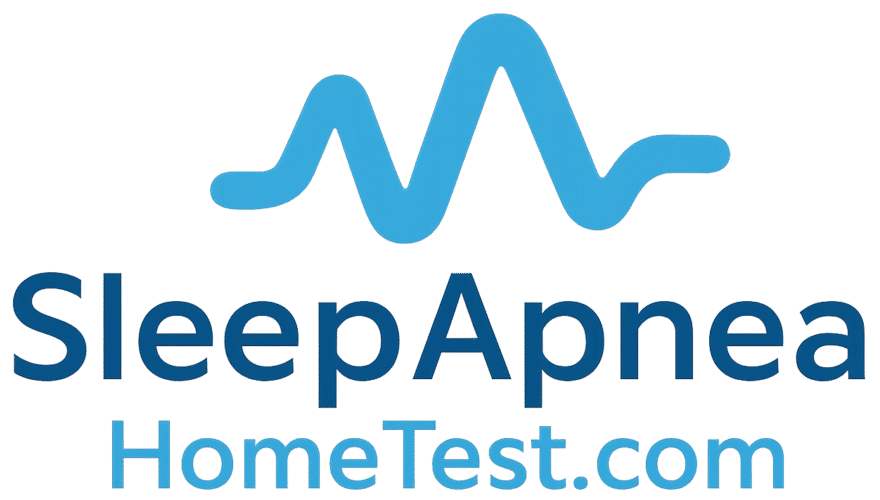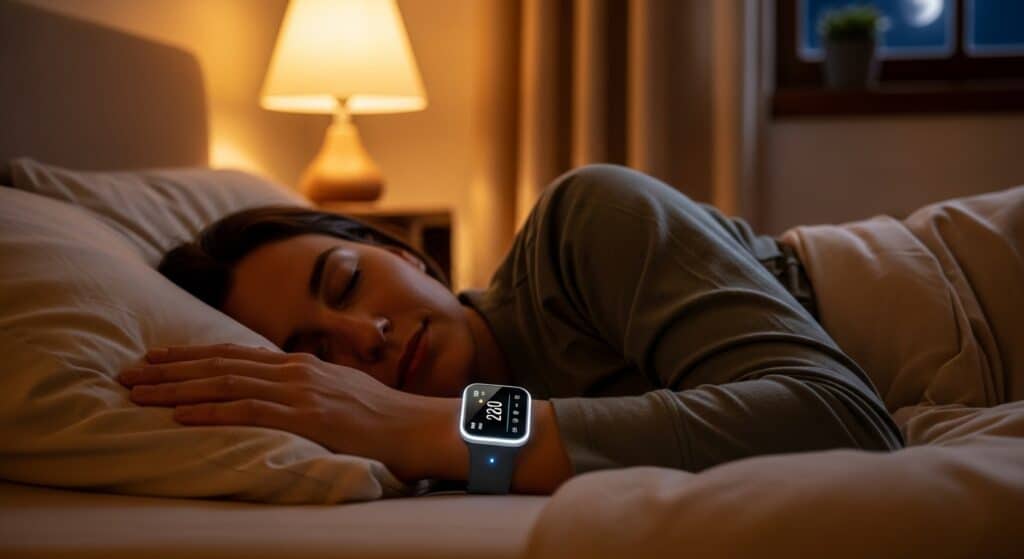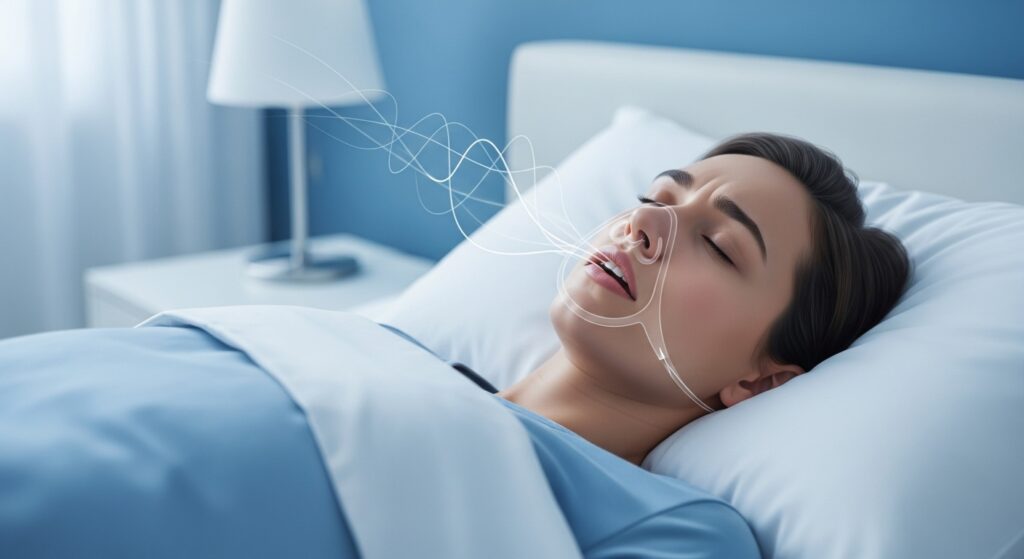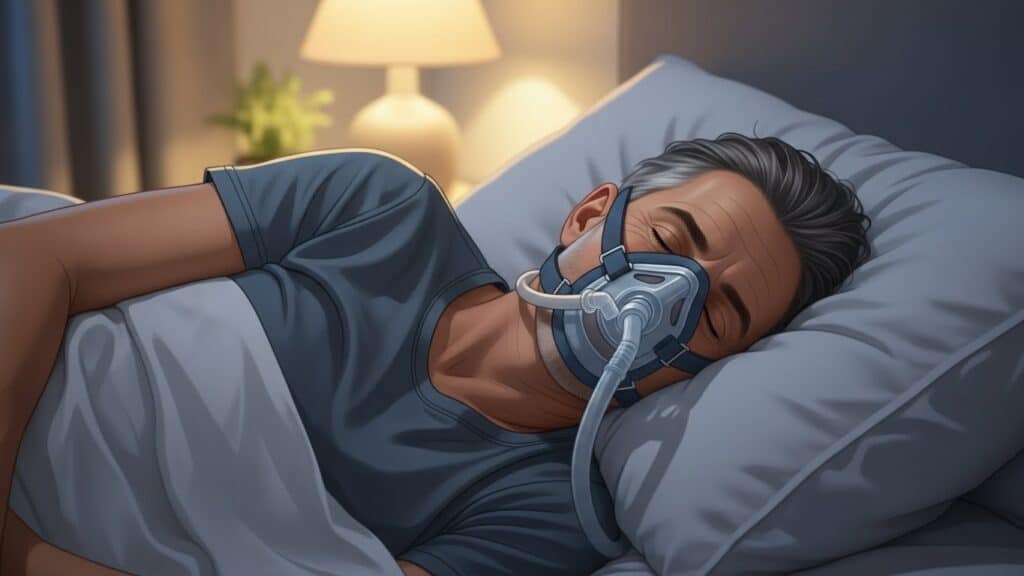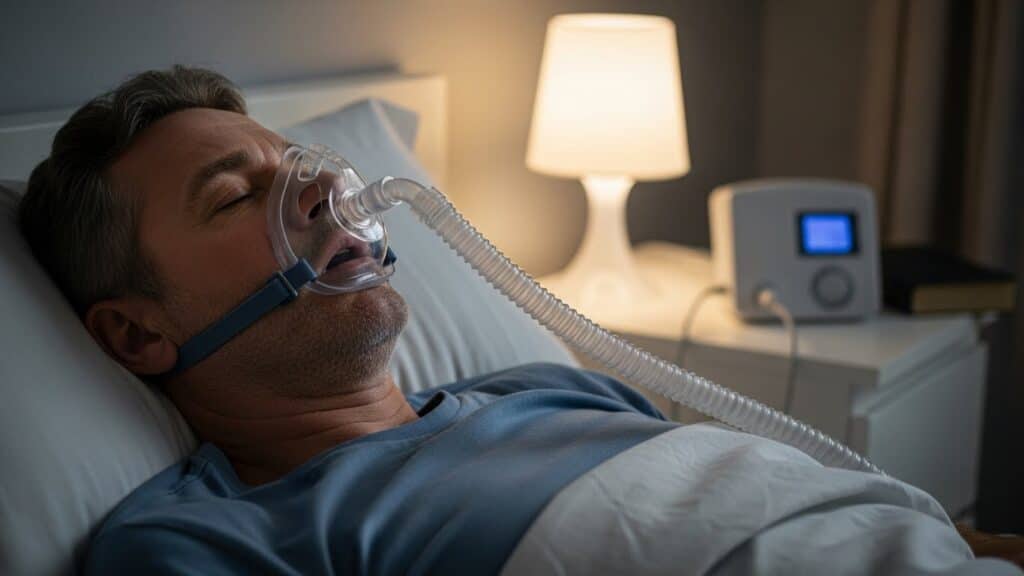If you’ve ever felt groggy after a restless night and reached for something sugary in the morning, you’re not alone. What many don’t realize is that this cycle of poor sleep and unstable blood sugar isn’t just a fluke—it’s a feedback loop.
Mounting research shows that sleep and glucose control are deeply connected, and disruptions in one can quickly trigger problems in the other. Whether you’re managing prediabetes, Type 2 diabetes, or just trying to stay healthy, understanding this link is crucial.
How Poor Sleep Impacts Glucose Regulation
Let’s start with how inadequate or fragmented sleep affects blood sugar. When you don’t get quality sleep—especially deep, slow-wave sleep—your body’s ability to use insulin properly declines.
This can result in:
- Reduced insulin sensitivity
- Elevated fasting glucose
- Increased appetite for carbs and sugars
- Hormonal shifts in leptin and ghrelin
A study published in The Lancet found that even just a few nights of partial sleep restriction can impair glucose tolerance to the point of mimicking prediabetic levels.
The body perceives poor sleep as a stressor, releasing cortisol that further spikes glucose—especially overnight and in the early morning.
The Role of Obstructive Sleep Apnea (OSA)
For many, the sleep-glucose connection stems from an undiagnosed sleep disorder like obstructive sleep apnea (OSA).
OSA causes interrupted breathing and oxygen drops, which activate the sympathetic nervous system and disrupt natural metabolic regulation. In people with diabetes, this can worsen morning hyperglycemia and lead to more insulin resistance over time.
Clinical data from the American Diabetes Association confirms that treating sleep apnea with CPAP improves glucose control, especially in those with Type 2 diabetes.
How High Blood Sugar Affects Your Sleep
The relationship goes both ways. Just as poor sleep can lead to poor glucose regulation, elevated blood sugar levels can sabotage your sleep quality.
Here’s how:
- Increased urination at night (nocturia)
- Night sweats or hot flashes
- Restlessness and wakefulness
- Neuropathy-related discomfort
- Increased risk of restless legs syndrome (RLS)
Spikes in blood sugar can also interfere with the body’s production of melatonin, the hormone responsible for helping you fall asleep. And chronically high levels can lead to inflammation, which disrupts the sleep cycle.
Those who experience nocturnal hypoglycemia may also suffer from sudden nighttime awakenings, vivid dreams, or even gasping due to abrupt adrenaline release.
What About Insulin Resistance Without Diabetes?
You don’t need a diabetes diagnosis to be affected. Many individuals experience insulin resistance and don’t even know it—often tied to obesity, hormonal changes, or poor sleep hygiene.
In these cases, a poor night’s sleep can spike blood sugar the next morning, even without food intake. This is due to the dawn phenomenon, where cortisol and glucose naturally rise in preparation for waking—compounded by sleep disruption.
In fact, research from the Sleep Heart Health Study found a strong association between short sleep duration and insulin resistance, regardless of BMI.
Recognizing the Warning Signs
If you’ve noticed any of the following, it may be worth evaluating both your sleep and glucose stability together:
- Craving carbs in the morning or late night
- Waking up multiple times per night
- Daytime grogginess despite “enough” sleep
- High fasting glucose or unpredictable spikes
- Difficulty losing weight despite good nutrition
These may be signals that your body isn’t recovering overnight—and poor glucose control could be part of the issue.
How to Break the Cycle
Tackling the sleep-glucose connection requires a two-pronged approach:
-
Optimize Sleep Hygiene
- Go to bed and wake up at the same time daily
- Keep the bedroom cool and dark
- Limit caffeine and heavy meals at night
- Avoid screens an hour before bed
-
Assess for Underlying Sleep Disorders
If symptoms point toward sleep-disordered breathing, start with a screening. Our AI facial scan can assess risk based on facial structure and features linked to OSA.
Should the scan flag potential concerns, we’ll ship a home sleep test kit with a finger-based sensor—no wires, no sleep lab—delivering clinical data within 48 hours. Prescription included.
Will Improving Sleep Improve Glucose?
Yes. Multiple studies have shown that improving sleep can stabilize blood sugar, especially when combined with other interventions like movement and dietary changes.
In fact, improving slow-wave sleep alone—the stage most disrupted by apnea—has been linked to better insulin sensitivity the next day.
Better sleep means:
- Less nighttime cortisol
- Smoother overnight glucose trends
- Fewer sugar cravings
- More balanced hormones
- Decreased inflammation
For many, it becomes a positive loop: better sleep → better glucose → fewer disruptions → deeper sleep.
Final Thoughts
Sleep and blood sugar aren’t separate silos—they’re a two-way street. If one is off track, the other often follows.
If you’re stuck in a cycle of poor sleep and unstable glucose levels, it’s time to look deeper. You might be missing a key piece of the puzzle—undiagnosed sleep apnea or shallow restorative sleep that’s wrecking your recovery and spiking blood sugar.
